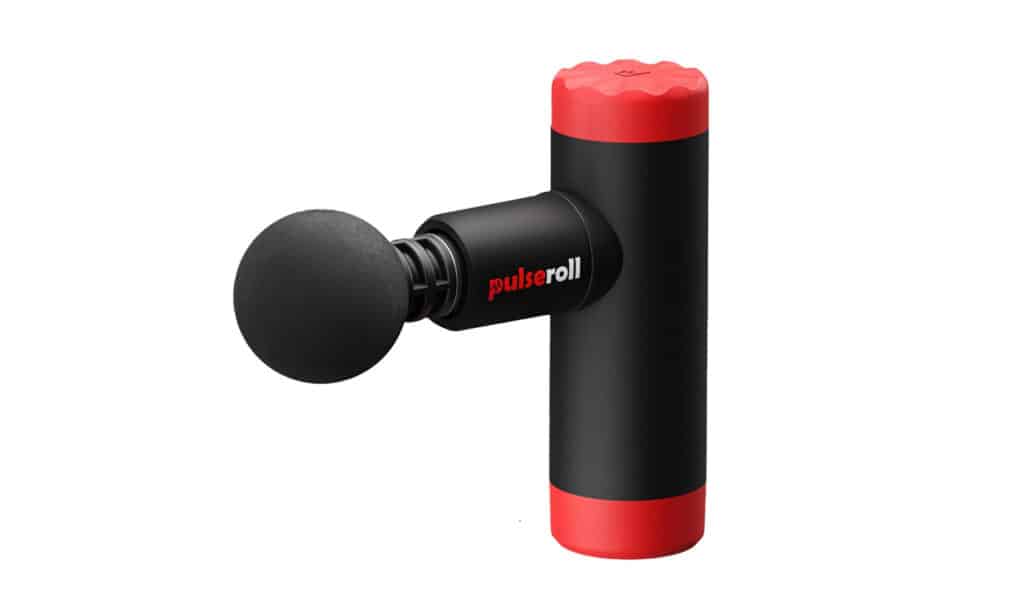

When you say ‘finish at’ marathon pace, should there be a block at marathon pace? Or should there be a build to marathon pace, which would make it progressive finish to the run?
Jim
Running coach answer
Mike Gratton:
There are various stages for your long runs to achieve different aims. The first, and longest, period is the aerobic development and fat-burning development phase, which is best achieved by long runs at a steady pace.
The next phase I consider is developing the neuromuscular pathways to prepare the body for the demands of pushing the pace in the long run, when you are starting to battle fatigue. This is the start of progressive pace runs. Probably from about eight to 12 weeks from your marathon.
You want the lasting memory in your neurological pathways to be a memory of running efficiently at a marathon pace – therefore at the end of your run. Doing this can be best achieved by starting steady and building the pace through the run.
And then the third phase. Race preparation. In phase two, fitness may only allow you to build up, but not hold, marathon race pace for long, maybe the last mile. But as things progress, you want to look at developing it so you hold the pace from further and further out in the run – I don’t think there’s a finite time or distance to attach to it, but I have suggested in the article running at race pace for the last 25%. It’ll depend on how your endurance has progressed and how fast you start the run – too fast and you start to fade, then you are effectively not leaving good muscle memory.
So there’s a bit of intuitive thinking on your part. Working out in your mind where you are at with fitness, and getting the progression right. This will link how you feel at the end of the run to your confidence. Therefore, first, you need to know you can hit marathon pace, then in your last few long runs, that you can hold it.
It can be hard to hit race pace in training. To this end, you can use the adrenalin of races to make the job feel easier. I had three runners in the Bramley 20 miles before the London Marathon, I asked them to start at a comfortable pace for the first 10 miles, then build gradually each lap so they ran the last of the four laps at their marathon pace. They did just that, moved through to finish 2, 3 and 4th in the race, and each ran a PB in the following London Marathon.
I did this myself, in a different way, back in 1982. I wanted to run a 2.12 marathon in London (my PB then was 2.16), so I thought I would practice the pace in the Intercounty 20-mile champs, held five weeks before London. Again, on a four-lap course, I hovered around the leaders for a lap then gradually raced harder to win for the Kent team, in 1.42 – which is 2.12 marathon pace. 2.12.30 was my finishing time in the following London, finishing third.
Post London 1982, and through to London 1983 I had run mostly 22-mile steady runs around Canterbury throughout the year, first on trails, that were often run very steady indeed. Then in February 1983, I switched to road so I could start to up the pace, particularly at the end of runs.
In early February 1983, I ran 49.30 for a 10-mile race, improving to 47.11 for 10 miles by late March. Mostly off-building through progressive long runs. I ran a 28km race in Rome, in early April, which was very competitive. I ended up second behind GBR’s Bernie Ford ( a 2.10 marathon runner and Olympic 10,000m finalist), having raced him all the way to the last sprint. I had reached a point I could run at sub-2.10 pace for 20 miles.
I then planned my last 20-mile training run to be a progressive run from 10 miles out. Two weeks from London I was out on my last 20 miler with Nick Brawn (2.11 in New York) and Martin Knapp (2.17 in Barcelona), and simply ran away from them from around 10 miles. I had got so fit that running at marathon pace in March and April, at the end of runs long runs, had become second nature, and I’d say, easy for me. I went on to win London in 2.09, so it all worked.
I hope sharing my experience helps you!
Have a running training question? Ask Mike for free, and we’ll share the answer online for everyone to benefit! Send your question over to us today.
Join our mailing list to stay up to date with the latest UK running events, training tips, and exclusive offers on running products. Rest assured, we value your privacy and would never dream of selling your address. Sign up now…

Share this article
During the summer months between marathon blocks, how should I tackle keeping sharp? I’ve seen...
Set goals. Stay motivated. Achieve new personal bests. With expert guidance from Mike Gratton, winner...
Running is a popular form of exercise that can help you lose weight and improve...
If you have ADHD or anxiety, you might be familiar with the concept of a...
Hi Mike, this year, I ran two half marathons (1:45 and 1:38) and a full...
We’re here to make sure you’re up-to-date with the latest running tips, events and product discounts – we’ve always got your back! Rest assured, we value your privacy and would never dream of selling your address.
BONUS: Sign up today and receive a FREE code for our Sub-4-Hour Marathon Plan
Your privacy settings
Manage Consent Preferences
Necessary
Analytics
Embedded Videos
Marketing
Facebook Advanced Matching
Facebook CAPI